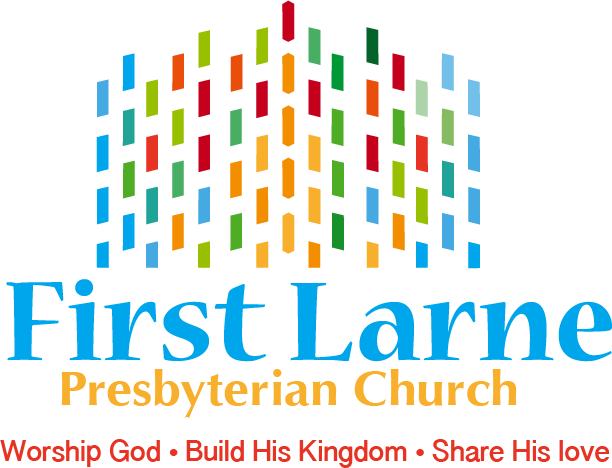Following an Immigrant God

FOLLOWING AN IMMIGRANT GOD
The British Government’s policy to have asylum seekers who have arrived illegally in the UK sent to Rwanda for processing strikes at the heart of what many Christians believe the Bible says about migration.
The Home Secretary justifies the plan as a move that will discourage illegal migration and save countless lives. Some politicians and commentators have hailed it as ‘genius’. Many Christian leaders, however, have labelled it inhumane and unjust. The Archbishop of Canterbury condemned it in his Easter sermon, calling it ‘subcontracting our responsibilities to another country’ and highlighting the fact that ‘it privileges the rich and the strong.’
Of course, some politicians immediately responded to Justin Welby by reminding him of the separation between church and state, seemingly unaware of both Christian responsibility and the contradiction between encouraging hospitality towards Ukrainian refugees while sending other asylum seekers to Rwanda.
Christians seeking a clean-cut response to migration, especially in this world of empires, nation-states, and anti-migration nationalism, often find themselves at a loss.
The God of the Bible radically identifies with migrants by being embedded in the story of Israel as a migrant himself who not only pitched a tent in our world but was also forced to flee his homeland to Egypt.
The Bible is clear about both Israel’s identity as a nation born in migration and how they ought to treat the strangers in their midst. They had to recite once every year, ‘my father [Jacob] was a wandering Aramaean’ (Deuteronomy 26:5) and they had to be generously hospitable, following their Father Abraham’s example, who without knowing, entertained angels (Hebrews 13:2).
Today, human systems that seek to exclude others, especially for economic reasons, use governmental policies that make it impossible to be as hospitable as God’s word commands. They build walls, guard the gates, create hostile environments, and destroy historical records to make sure migrants feel they are not welcome.
How do we, as followers of an immigrant God, respond to the policies behind this inhumane plan?
First, I believe, we pray to bring the governmental powers and principalities to the knowledge of Christ. Second, we speak up. Our faith demands advocacy. We advocate on behalf of the vulnerable here as well as against the unjust realities that make migration necessary out there. Third, we continue to engage in radical hospitality as the Bible tells us.
Our Saviour was a migrant; how can we justify being inhospitable?
Dr Harvey Kwiyani
CEO, Global Connections


